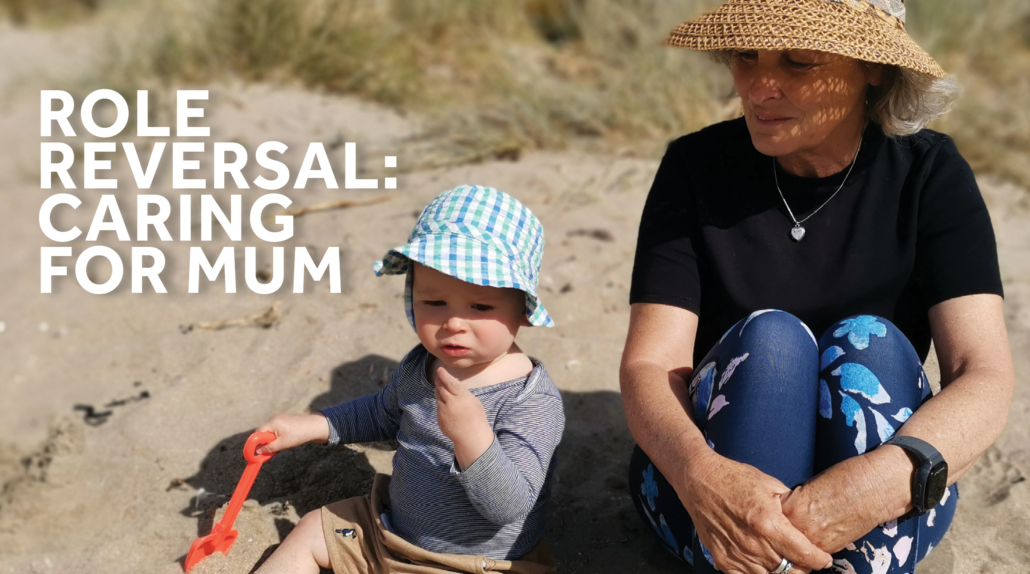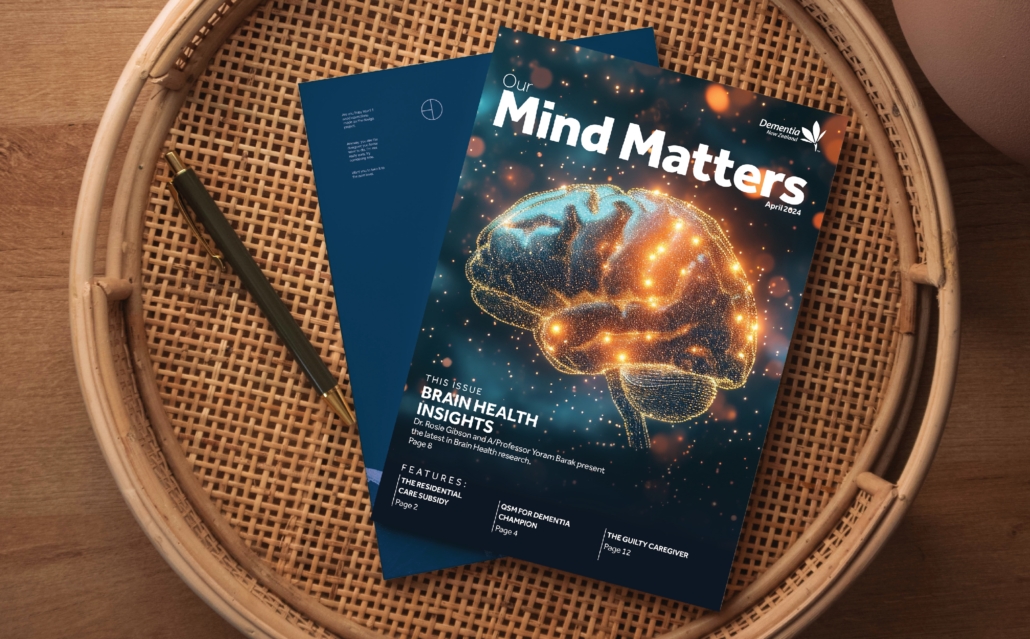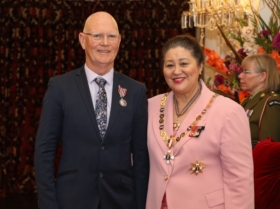Role Reversal: Caring for Mum
Fiona Faithful’s mother Carol was diagnosed with Young Onset Alzheimer’s disease at age 54. Symptoms were present for the four years prior, but because of her age they were put down to menopause and depression. Carol passed away in 2022 at age 61. This is Fiona’s story.
Losing a mother is a profound loss, one that transcends age. Mine was my rock, a shoulder to lean on and a hand to pick me up. She was patient, caring, and without judgement. It was these virtues that I would then need in abundance when she became one of the approximately 600 people per year diagnosed with Young Onset dementia in New Zealand. Our journey, while unique to us, echoes the experiences of many families navigating this challenging terrain.
Growing up, I knew I would one day support my parents as they grew older. My upbringing, seeing my parents care for their parents in their later years, ingrained in me a sense of duty and familial responsibility. However, I never anticipated this responsibility would fall on my shoulders at the age of 29, just as I was embarking on my own journey into parenthood. In a whirlwind of events, my parents and my Nana (who Mum and Dad were supporting) moved in with my husband and me, coinciding with the arrival of our first child, Lachie. Four generations under one roof.
This convergence of life stages was both poignant and overwhelming. Despite Mum’s declining cognitive abilities, the bond between her and Lachie and later our second son Max, remained palpable, a testament to the enduring power of maternal love. Yet, amidst the joys and tribulations of new motherhood, I grappled with the absence of being able to share this experience with my own mother – to seek her guidance, reminisce about my infancy, or simply revel in the newly shared understanding of motherhood’s depths.
The path to diagnosis was fraught with uncertainty and missed opportunities. Initially dismissed as menopausal symptoms or depression, Mum’s cognitive decline went undiagnosed for years, robbing us of the chance to intervene early and mitigate the disease’s progression. The diagnosis, when it finally came, arrived too late for meaningful conversations or closure, leaving our family with unanswered questions and unspoken emotions.
In the face of such adversity, the importance of a strong support network cannot be overstated. From friends like Julia, who provided Mum with purpose and companionship through simple yet meaningful tasks, to the Dementia Auckland’s Young Ones group -a lifeline for caregivers navigating the unique challenges of Young Onset dementia, critical when typical diagnosis was often in people a whole generation older than my Dad (53 when mum was diagnosed) – these connections offered solace amidst the storm.
Yet, beyond the emotional toll, the financial repercussions of Young Onset Dementia cast a long shadow. With my mother’s inability to work and my father’s subsequent caregiving responsibilities, our family’s financial landscape underwent seismic shifts. The absence of pensions or benefits for caregivers compounded the strain, forcing my father to postpone retirement plans and recalibrate his financial future. He is still living with us and will be working hard (and saving hard) for the next few years to ensure he is in a position to retire come 65.
Driven by firsthand experience, I am able to provide subsidised legal assistance with Wills and Enduring Power of Attorney for those with Young Onset dementia, through my firm McVeagh Fleming.
This article was originally published in Our Mind Matters Magazine Issue #40.



